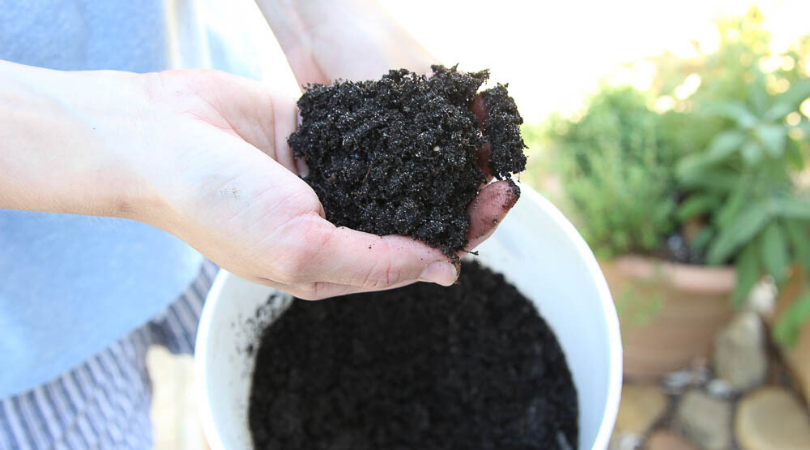Are Tomatoes Safe to Eat Now? A Look at Food Safety Concerns
In recent years, more people are asking, “Are tomatoes safe to eat now?” And that concern is valid. Supermarket tomatoes often travel thousands of miles before reaching your plate, making them susceptible to contamination along the way. From harmful pesticides to bacteria like Salmonella, it's become clear that not every tomato is grown under safe conditions.
Recalls and foodborne illness outbreaks related to tomatoes have occurred multiple times in the last decade. In 2025, there are three FDA Recalls including Tomato Recall due to Salmonella. Contaminated water, poor hygiene during harvesting, or unsafe handling during transport can all introduce risks to your health. While washing produce helps, it doesn’t always remove invisible chemical residues.

In fact, tomatoes consistently rank high on the Environmental Working Group’s “Dirty Dozen” list—foods most likely to contain pesticide residues. So if you're concerned about what’s in your food, growing your own tomato plant could be the safest—and tastiest—solution.










